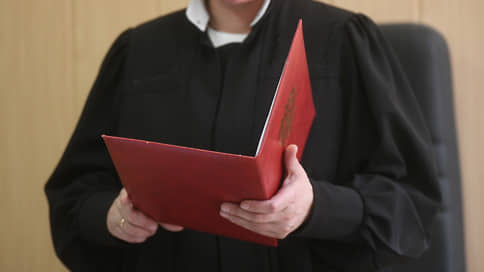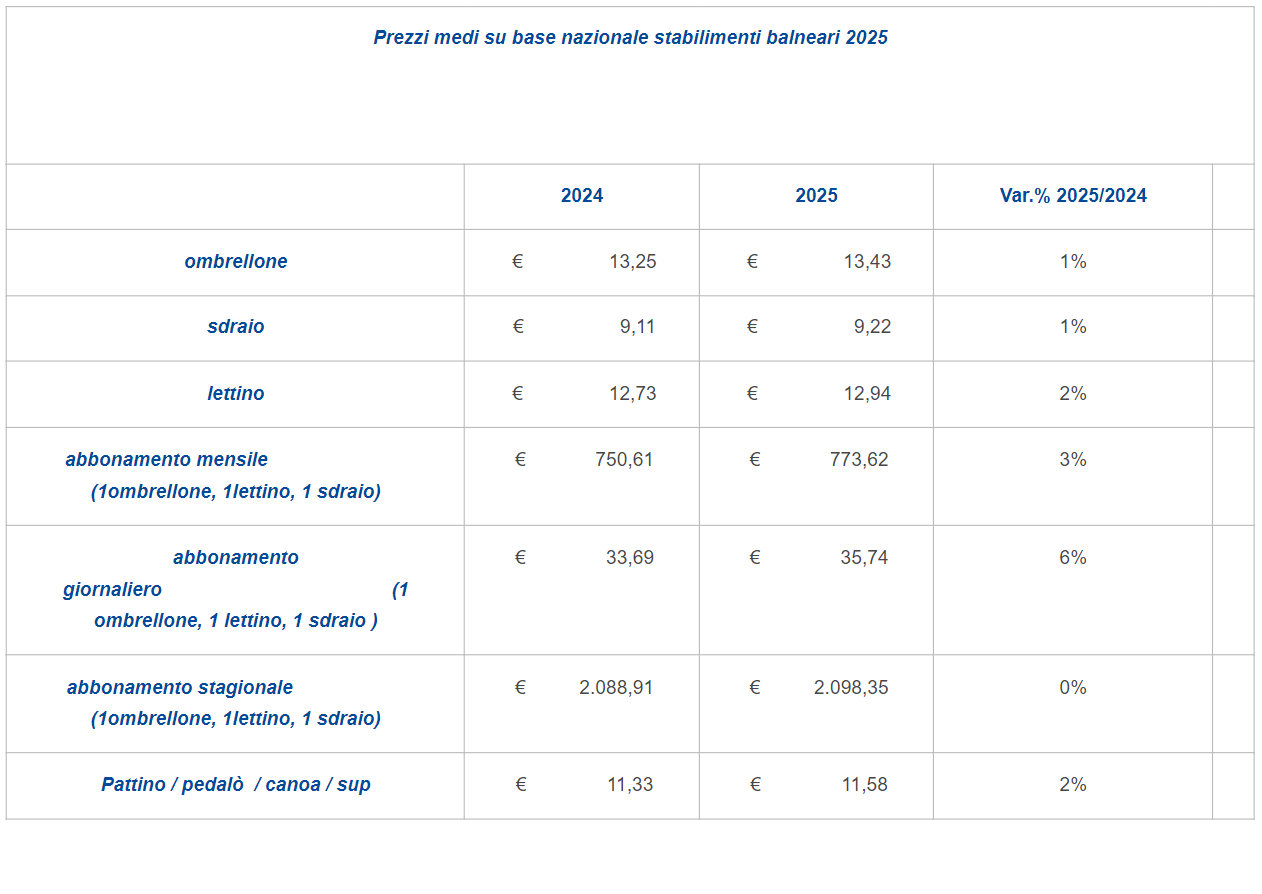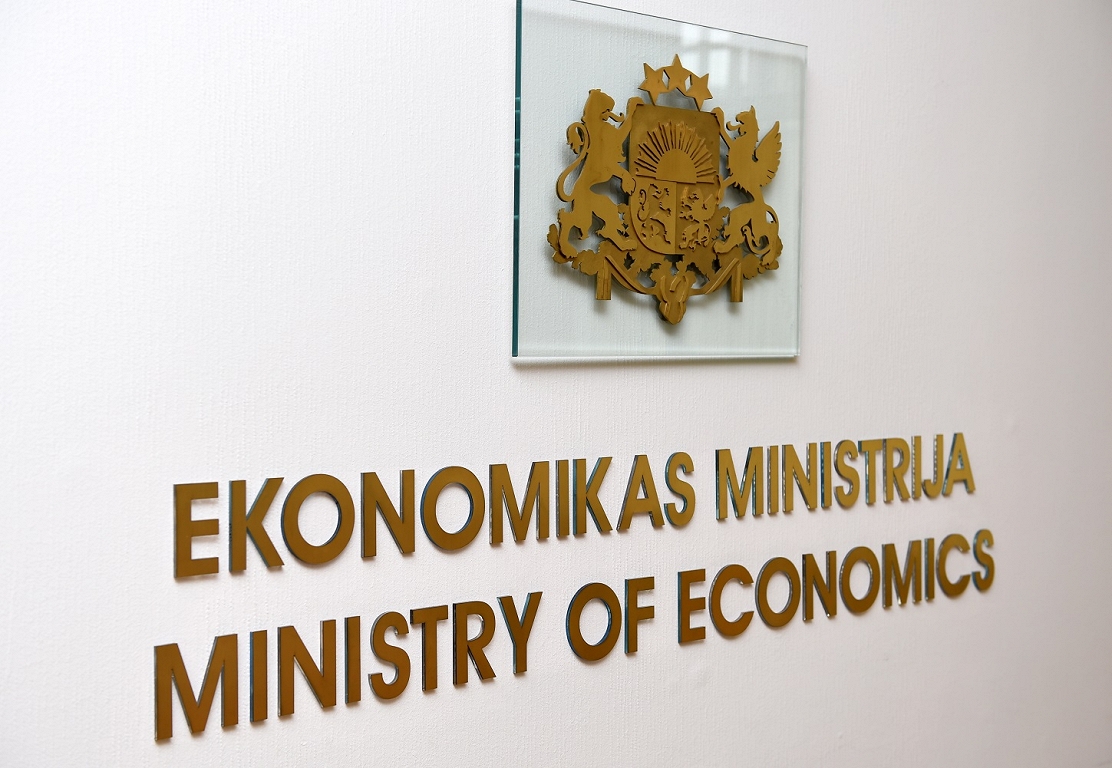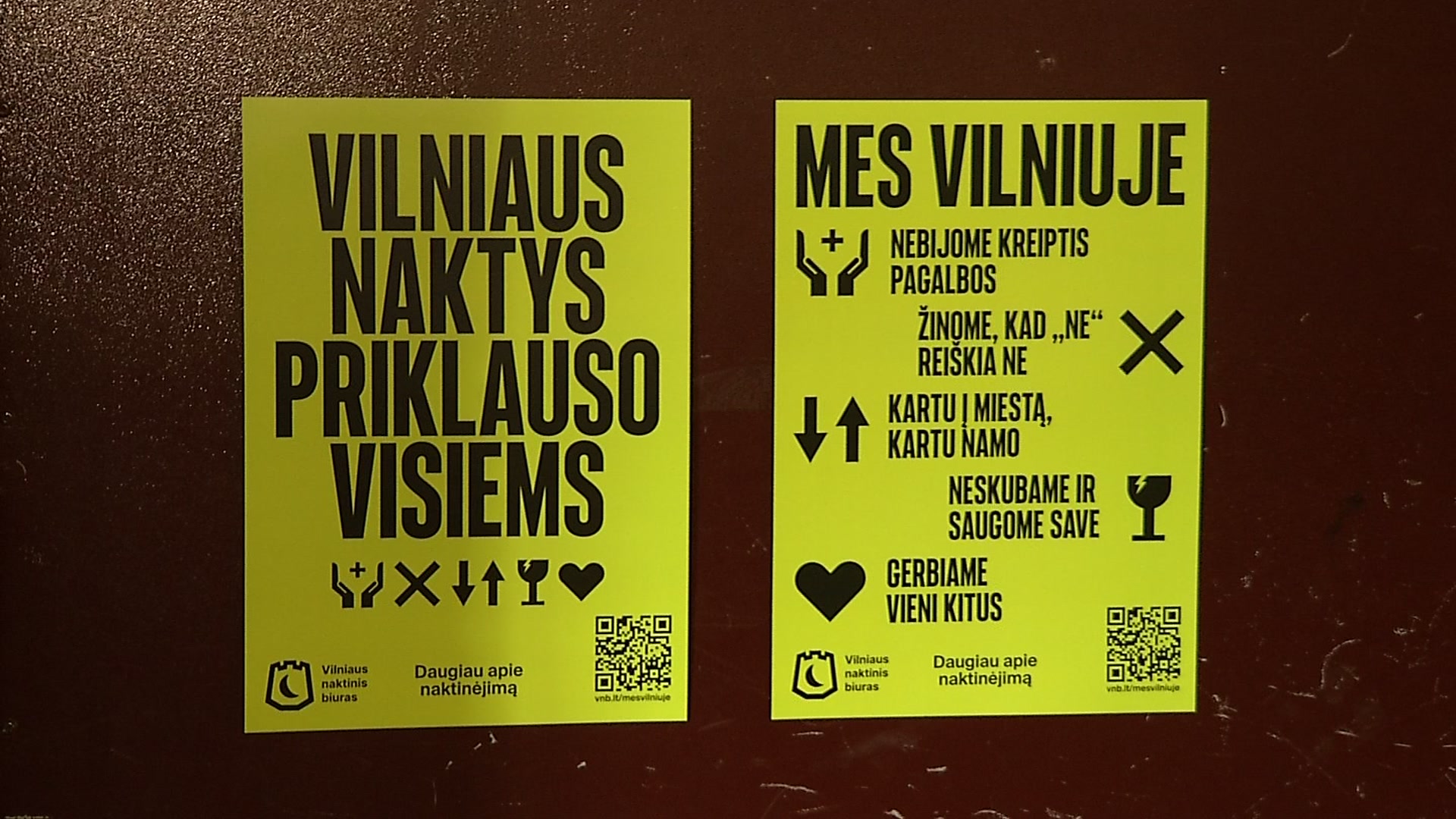Why did the Prime Minister of Slovakia promise to block the EU sanctions against Russia
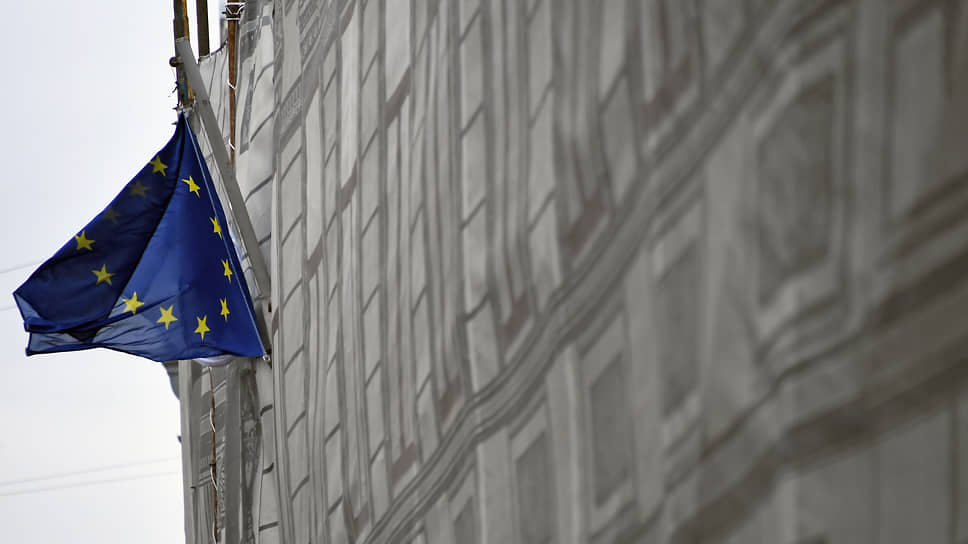
Slovak Prime Minister Robert Fitzo, who earned among his Western colleagues the reputation of one of the most pro -Russian leaders in the European Union, promised to block any EU sanctions against Russia if they cause damage to the national interests of Slovakia. The application was made in the midst of training Brussels by the 18th package of anti-Russian sanctions. On the same day, the prime minister of Hungary Viktor Orban made a similar statement – he did without threats, but also complained that the sanctions were “destroying Hungary”. So far, however, contrary to the constant criticism of anti -Russian restrictions, neither Bratislav, nor Budapest have never been in this matter against the EU to the end.
Robert Fitzo’s statement that Slovakia will block any sanctions against Russia, if it considers them damage to national interests, it sounded at a Sunday television press conference.
“If there are sanctions that harm us, I will never vote for them. I am interested in being a constructive player in the European Union, but not at the expense of the Slovak Republic, ”the Prime Minister said.
Robert Fitzo, in particular, noted that he would definitely not support the ban on the use of Bratislava of Russian nuclear fuel, as this would result in the closure of nuclear power plants in the republic.
In fact, the current statement of the head of the Slovak government was the first public commentary on June 5 of the resolution on June 5, calling for members of the Government « not to vote for the adoption of new sanctions and trade restrictions in relation to the Russian Federation. »
“I welcome this resolution. I consider it a strong political instrument that I can rely on the debate in the European Council, ”said Mr. Fitzo.
True, the question of how much this resolution, proposed by the younger member of the ruling coalition, the ultra -right party of SNS and adopted in the conditions of a boycott of voting by the opposition, has a legally binding force, remained unclear. The head of the Slovak Foreign Ministry, Yurai Blans, for example, expressing respect for the opinion of the legislators, added that his department will express his position only after a thorough analysis. But, as Fitzo appears from the statement, the head of the government himself clearly defined everything for himself.
The attitude of Robert Fito against Russian sanctions was not a surprise. Under him, Bratislava almost simultaneously ceased military assistance to Kyiv.
A lot of complaints in the EU were also caused by the prime minister of Slovakia in Moscow to participate in events dedicated to the 80th anniversary of Victory. Fitz himself, like his Hungarian colleague Viktor Orban, always emphasized that he was dissatisfied with the EU policy in relation to Russia primarily because of its negative impact on the national economy. According to the data given in September last year, the trade representative of Russia in Bratislava Sergey Stupar, since 2022, due to anti-Russian sanctions of the European Union, Slovakia lost more than $ 3.9 billion.
It is noteworthy that on the same day Viktor Orban complained about anti -Russian sanctions. “We need to think not about Putin, but about ourselves … Sanctions against Russia are destroying Hungary. I think they also destroy the whole of Europe. Over the past three years, we lost € 20 billion due to sanctions, for Hungary this is a very significant amount, ”said the Hungarian leader in an interview with the French television channel LCI.
In addition, answering the question of whether he is ready to accept the Russian leader in the same way as the Prime Minister of Israel Benjamin Netanyahu, in respect of whom the arrest warrant operates, Mr. Orban said that he would receive Vladimir Putin « as appropriate. »
The statements of Robert Fitzo and Viktor Orban were heard at the moment when the European Union is actively working on the 18th package of anti-Russian sanctions (intended to accept it in July). As the agency recently reported BloombergAs part of these sanctions, Brussels plans to disable more than 20 Russian banks from SWIFT. It is also considered the possibility of reducing the ceiling of oil prices to $ 45 and the prohibition of the North Stream gas pipelines.
However, as Politico noted, Robert Fitzo “barks more than bites”, reminding that so far, Slovakia, as well as Hungary, has never blocked the EU bills on sanctions.
So, having ricked, they will eventually give the 18th package a green light.
“Slovakia is a small and poor country by European standards. And neither the feed nor even Orban can afford to completely ruin relations with the European Union. The sanctions will be held, but some of them will be removed: out of 20 points, two will be removed at the insistence of Orban, one at the insistence of a fifth, and 17 will be accepted as a result, ”Vadim Trukhachev predetermined in an interview with Kommersant.
Meanwhile, the frequent statements of both Eastern European politicians who are contrary to the pan -European line, as well as some of their steps in domestic politics, perceived by Brussels as infringement of the independence of the media and deviations from the principles of democracy, became increasingly causing irritation in their EU colleagues. So, on May 26, German Chancellor Friedrich Mertz declaredWhat Germany will consider the possibility of suspension of financing Slovakia by the European Union, if the country continues to deviate from the general course of the association (part of the funds has already been frozen). “We will not be able to avoid conflict with Hungary and Slovakia if we continue to follow this course. We cannot allow the decisions of the entire EU to depend on a small minority, ”said the head of the German government.
The disgrace of the fitz was not long in coming. “The words of the German Chancellor are absolutely unacceptable in modern Europe. If we do not obey, they will punish us? This is not a way to strengthen unity and cooperation, ”said the Slovak leader the next day. And he added that « Slovakia is not some small schoolboy who needs to give lectures. »

